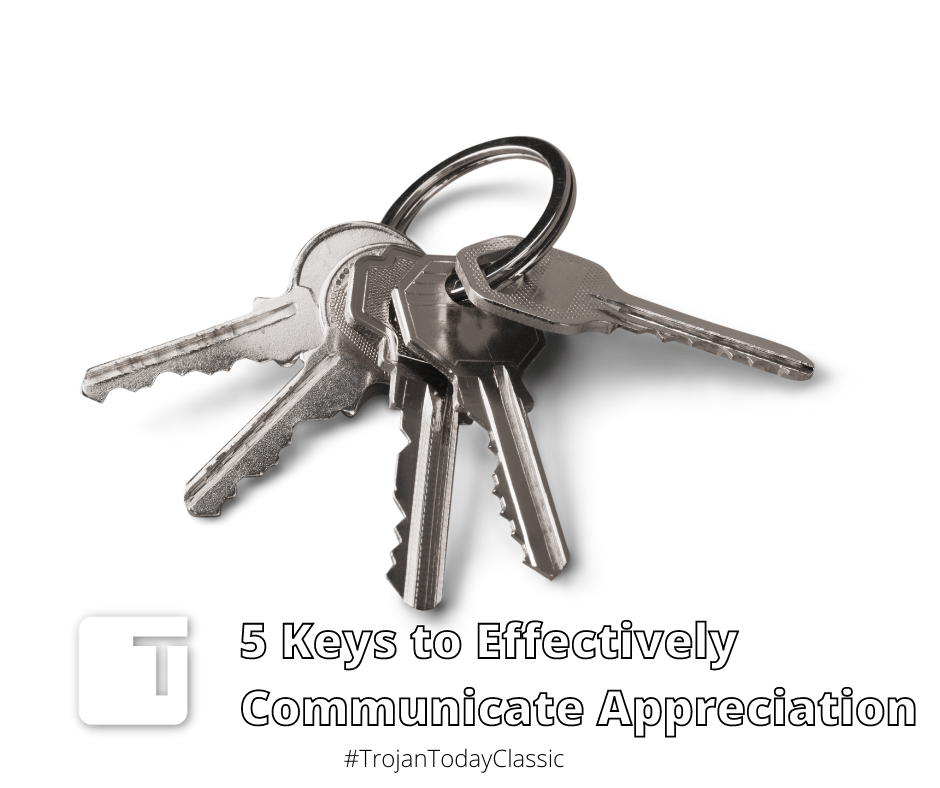Originally published in 2013
As we work with dentists and teams around the country, both groups are telling us the same thing:
- Team members are becoming more negative, cynical, and discouraged. We need to do something to show them appreciation but funds are tight.
- People are getting burned out. We have to do more work with fewer people and for no more money.
Research confirms there are serious problems developing in the workplace today:
- 65% of workers say they have received no recognition or appreciation in the past 12 months.
- While 80% of large corporations have employee recognition programs, only 31% of their employees say they feel valued for doing good quality work.
- The #1 reason for recognition in most workplaces is longevity. (How motivating is that?)
- Only 8% of employees feel top management cares about them personally.
- 70% of employees are either disengaged or under-engaged in their work. Yet only 21% of these workers are looking for work elsewhere, meaning approximately 50% of the work-force are just passively enduring work they don’t enjoy.
The workplace environment can change for the better, but many recognition efforts by dentists and team members are misguided and wind up being a waste of time and effort. Why? Because they are not built upon the core principles we know are needed for appreciation to be communicated effectively.
Core Principles for Effectively Communicating Appreciation
Make sure your praise is specific and personal.
The most common mistake organizations and supervisors make is their communication is general and impersonal. They send email blasts: “Good job! Way to go, Team.” But recognition of this nature has no specific meaning to the individual who stayed late to get the project completed. Use your colleague’s name and say specifically what was done to makes your job easier. “Helping me get that report done on time was a huge weight off my shoulders – thank you.”
Realize other types of actions can be more impactful than words for many people.
Some people (often men) do not value verbal praise. (The “words-are-cheap” mentality). Many people have grown to believe compliments from others are insincere, even an act of manipulation. Other actions are more impactful for these individuals, like spending time with them or helping them get a task done.
Use the language of appreciation valued by the recipient.
Not everyone likes public recognition or social events. One leader told me, “You can give me an award but you’ll have to shoot me before I’ll go up to collect it in front of a crowd.” And for many introverts, going to a “staff appreciation dinner” is more like torture than a reward for doing a good job. They may prefer getting a gift card for a bookstore and staying home to read. Find out what they value and communicate your appreciation to them in that language.
Separate affirmation from constructive criticism or instruction.
If you want the positive message to be heard, don’t follow your affirmation with a “Now, if you would only…” message. Don’t give them a compliment and then tell them how they could do the task better. They will only remember the “constructive” criticism and may not even hear the positive.
Be genuine.
Don’t try to fake it or overstate your appreciation. (“You are the best administrative assistant in the free world!”) People want appreciation to be genuine, not contrived.
We have successfully improved workplace environments and taught teams how to communicate authentic appreciation from dentist to team and team to dentist. It can be done and you will see results.
ABOUT THE AUTHORS
Dr. Paul White is co-author of “The Five Languages of Appreciation in the Workplace, Empowering Organizations by Encouraging People.” He is a psychologist, author, speaker, and consultant who makes work relationships work.
FMI: www.drpaulwhite.com.
Shari Tastad and Fran Pangakis are experienced dental management consulting experts who have helped hundreds of clients understand and leverage their personal, leadership, and team building skills.
Contact: shari@pathwayscoaching.net or pangakisf@aol.com.

